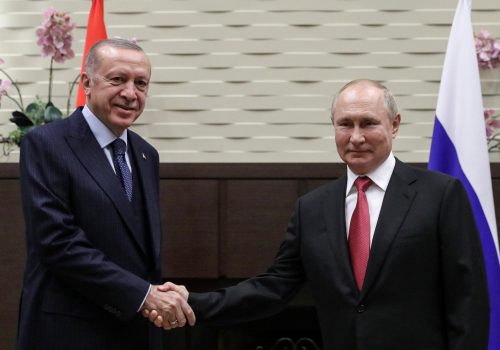Author: Karel Valansi
Affiliation: Istanbul Kültür University, PhD candidate at Kadir Has University
Organization/Publisher: Atlantic Council
Date/Place: October 12, 2021/USA
Type of Literature: Article
Word Count: 2758
Keywords: Middle East, Turkey, Qatar, Normalization
Brief:
The writer talks about the new trends in Turkish foreign policy and what is happening behind the doors and through new allies to bring about change in its regional environment. The writer says that Turkish foreign policy during the past two decades has shifted towards the Middle East, which Ankara had previously neglected, and intends to reach the Balkans, the Caucasus, and Central Asia. The Arab Spring revolutions have strained relations between Turkey and many Arab countries, including the UAE and Saudi Arabia. The killing of Saudi journalist Jamal Khashoggi has led to a flare-up of attitudes between both countries as Ankara continues to condemn this murder. Saudi Arabia has since adopted a boycott policy against Turkey. Turkey’s former allies claim that Turkey’s “neo-Ottoman” rhetoric, anti-Western rhetoric, gunboat diplomacy, and domestically backed foreign policy moves are alienating it. With changing regional dynamics, Turkey is offering initiatives indicating that it will work harder to end its isolation and become part of the economic and energy leadership in the region through the return of talks with the Saudi and Egyptian sides. The writer explains these shifts in Turkish foreign policy as Turkey desires to reach out to these countries to break the cycle of isolation.
By: Taqwa Abu Kmeil, CIGA Research Assistant




